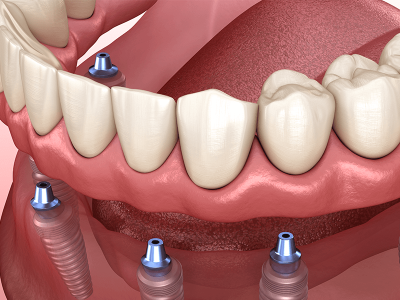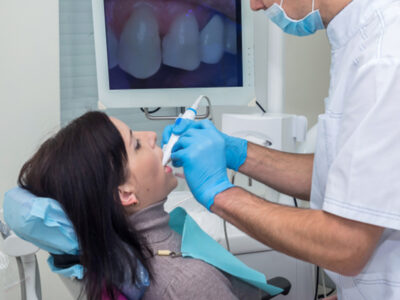An infertility assessment is considered, most often, during the absence of pregnancy after one or two years of regular sexual intercourse. In women, this assessment includes assays of hormones in the blood. What are they for? What hormones are analyzed? Answers are here.
The dosage of hormones (estradiol, progesterone, gonadotropins):
It measures the activity of the pituitary gland and the response of the ovaries to stimulation by the pituitary gland. A test called “ovarian reserve test” consists of measuring these hormones on the 2nd and 3rd day of menstruation and to associate an ultrasound. This makes it possible to assess the number of follicles that develop at the start of the cycle. Simply click here to get the list of solutions for you.
The examination of the cervical mucus:
It aims to analyze the penetration and survival of spermatozoa in this mucus. In the event of a negative test, it will be supplemented by an in vitro cross-test (in order to know if the mucus is at the origin of the deficient test).
The karyotype : if a chromosomal abnormality is suspected.
Depending on each woman, other exams may be requested:
- An ultrasound of the genital area.
- Hysterosalpingography (examination of the fallopian tubes and uterus).
- A laparoscopy.
- Infertility assessment: examinations in men
Among the most common examinations in humans, there are:
A spermogram: it makes it possible to study the concentration of spermatozoa (count), their mobility and the presence in the sperm of sperm in abnormal number, reflecting for example an infection.
A spermocytogram: it allows the analysis of the morphology of the spermatozoa. There is always a percentage of atypical sperm, but this must remain moderate.
In some cases, the doctor will also have to request additional examinations:
- A selection-migration test with evaluation of the 24-hour survival of the spermatozoa.
- An analysis of the biochemistry of sperm : search for germ in the sperm.
- Hormonal dosage ( testosterone , gonadotropins).
- An ultrasound of the reproductive system.
- A karyotype : if a chromosomal abnormality is suspected.
More recently, other exams have been proposed:
- An assessment of the fragmentation of DNA in the sperm nucleus.
- A microscopic analysis of the morphology of the spermatozoa with a very important magnification (preIMSI test).
Infertility check-up: couple’s exams
Examinations are also prescribed for both members of the couple. This is an infectious assessment which aims to find:
Contamination by the AIDS virus (HIV) : if the test is positive, the egg or sperm samples will be processed in a specific MPA circuit in a viral context.
Contamination by the hepatitis virus (HBV or HCV) : if the test is positive, the samples of eggs or sperm will be treated in a specific circuit of AMP in a viral context.
Syphilis : if the test is positive, there is a risk of transmission. In this case, the AMP is preceded by a specific treatment.
Rubella (in women): in the absence of immunity, vaccination will be offered before any attempt at MPA.
Toxoplasmosis (in women): in the absence of immunity, regular checks will be repeated.
Cytomegalovirus (CMV) infection
Depending on the results of this infertility check-up, the doctor will refer the couple to the most suitable technique for medically assisted procreation.













Comments